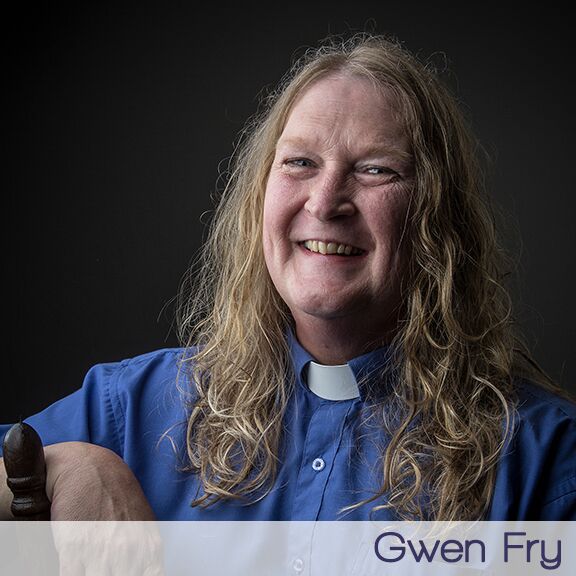
 Dear Members of the Wild Goose Flock –
Dear Members of the Wild Goose Flock –
We wanted to give you all an update about our location for the Wild Goose Festival. First, thanks to all who have offered suggestions and feedback on this important issue. At our last board meeting, we devoted a lot of time to discussing the strengths and weaknesses of our current location in Hot Springs, NC. We’ve decided to stay in Hot Springs for now, and here’s the background to our decision.
Just about everyone agrees that Hot Springs is a wonderful spot in many ways. The natural enclosed space in the mountains hugging the French Broad River, the little town with shops and restaurants, the balance of remoteness and accessibility, the availability of a variety of housing options within a reasonable driving distance – all these features make the location truly special.
However, we face some real challenges in rural North Carolina. For example, the presence of Confederate flags is very disturbing for many of us, making us wonder if these flags are intended as a “not welcome” sign. And spotty cell coverage adds to a sense of vulnerability for those of us who depend on our phones many times each hour. These drawbacks cause us real concern because our starting point is that the Wild Goose is committed to safe, hospitable, and welcoming spaces for all people in all of our gatherings, including and especially at our Hot Springs Festival.
A few years ago, when Rev. Barber proposed a boycott of North Carolina because of the infamous “bathroom bill,” we worked with him in considering several options, including relocating and even going on hiatus for a year. In the end, the law was changed. But the incident caused us to keep our eyes open for other possible locations. Again this year, we expanded our search area to include an arc that ranged from Pennsylvania to Atlanta to Tennessee. We didn’t find a suitable alternate location without equal or greater problems of its own.
Two other factors have been important in our considerations. First, we greatly value our amazing team of volunteers in the area, along with the good relationships we have built with housing providers, vendors, city leaders, and the larger Wild Goose community in the region.
Second, we don’t feel right about letting Confederate flag-wavers succeed in intimidating us. We believe that people of color, LGBTQ people, immigrants, and the spiritually non-traditional have as much a right to be there as anyone else. So we’ve decided to stay in Hot Springs in 2018 and perhaps beyond as a voice and presence for change.
But please know that we’re actively working to address safety concerns. Here are some of our hopes and plans:
Travel and Arrival Support
Almost everyone travels to the Wild Goose through either Asheville, NC or Newport, TN. We’re setting aside funds to create a “hospitality” resource in both of these locations. We will provide detailed maps, 24/7 Wild Goose staff phone numbers, advice on gas stops and supplies, AND loaner burner phones with local coverage for all who request them.
Phone and WIFI Access
We’re trying to get a signal boost for cell coverage and WIFI at the festival site. The mountains are both a source of great beauty and a communication obstacle. Progress on this is slow and the costs are high. As a supplement, we’ll plan to increase awareness of the “land line” that is available at the check-in gate and we’ll have temporary loaner phones with some improved service available.
Housing and Local Transportation
We’re working to increase the number of both on-site and close-in housing options. We’re also working to improve our ability to transport persons within the town of Hot Springs. We’ve petitioned the city council to allow us to drive golf carts on city streets and if we’re successful, we’ll implement “town shuttles.” Absent success with this request, we hope to use other vehicles for local transport for those with mobility challenges and for those who will feel safer in groups.
Western North Carolina and Hot Springs
Like most areas, western North Carolina, is politically, culturally, and economically diverse. However, Asheville is among the most progressive cities in the United States. Hot Springs itself has a significant progressive community, also. Pride in being the host of the Wild Goose Festival runs deep for many of the community leaders and goes well beyond the economic advantages. That gives us hope that we can continue making progress for the Wild Goose flock, and maybe even improve conditions in the area all year ‘round.
Going Forward
Unfortunately, no place is absolutely safe. And, even with the progress we’re making and will continue to make as we dialogue and co-create together, we acknowledge that Hot Springs is not ideal for everyone. That’s one reason why we’re considering enlarging the Wild Goose footprint in years to come. For example, we’re exploring the possibility of a second festival somewhere in a triangle between Detroit, Chicago, and St. Louis. In years to come, there could be several Wild Goose festivals occurring around the country, each with its own flavor and strengths – and, no doubt, each with its own unique challenges.
Continuing Improvement
When Wild Goose began in 2011, we were the first major Christian festival in the United States where LGBTQ and straight people could co-create as equals. That was a big step, but it was only a step. We promise to continue the struggle – to help people co-create across racial, regional, cultural, political, gender, and religious lines. This isn’t easy, but it’s important, and we’re not giving up or backing down.
Thanks again for being part of the Wild Goose community! Thanks for caring about making Wild Goose a hospitable place for all who wish to join the flock! We look forward to seeing you in July – and we hope you’ll bring along a gaggle of friends.
Joyfully –
The Wild Goose Board
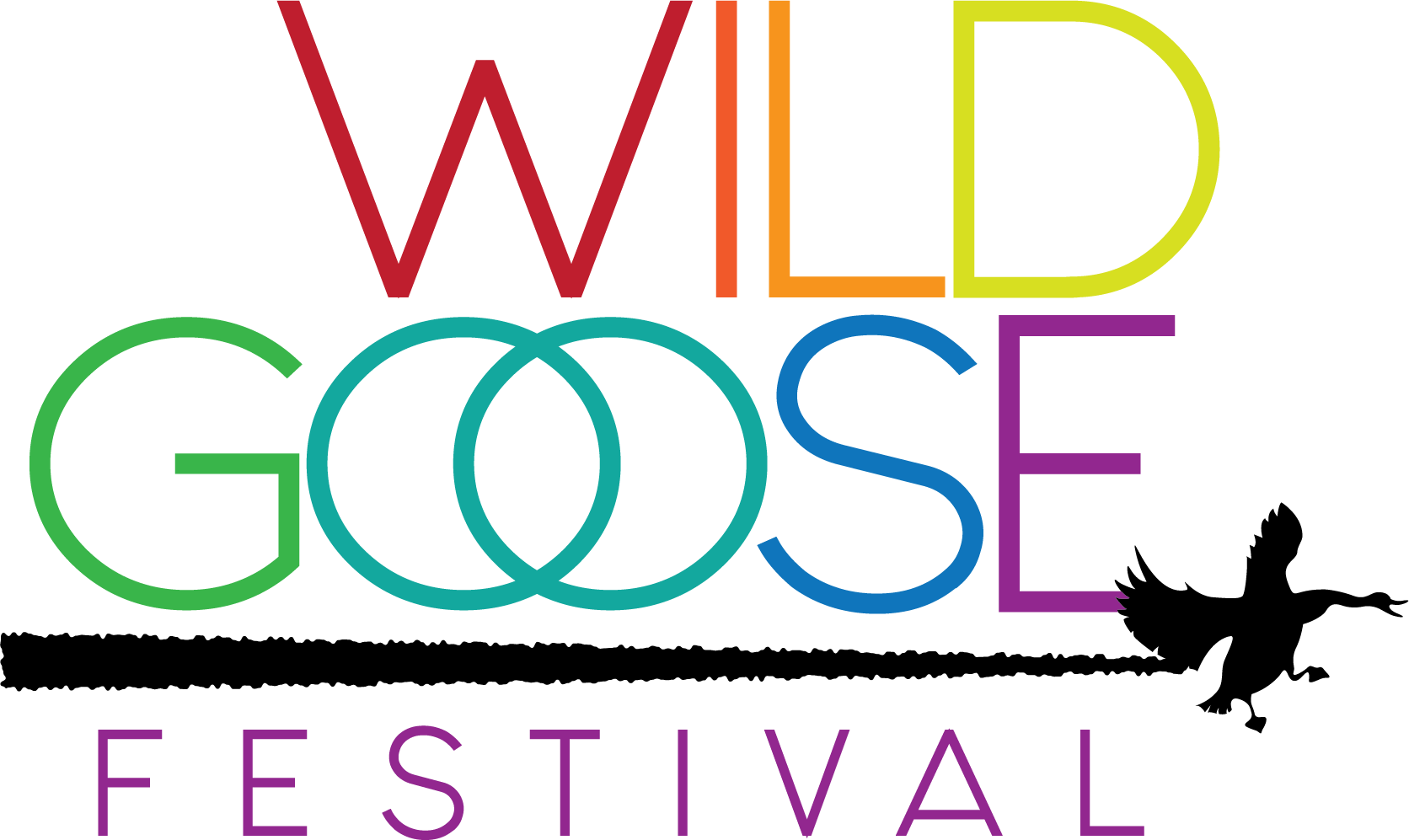


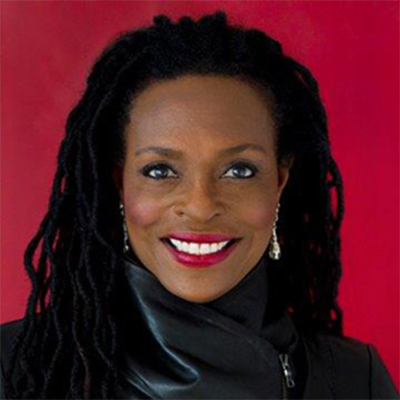
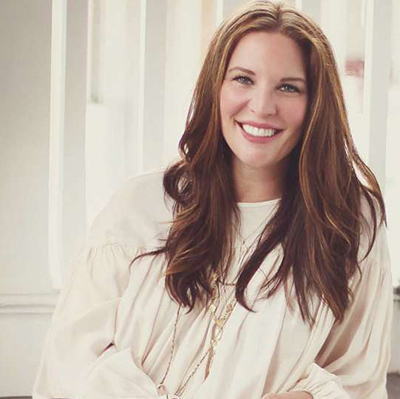
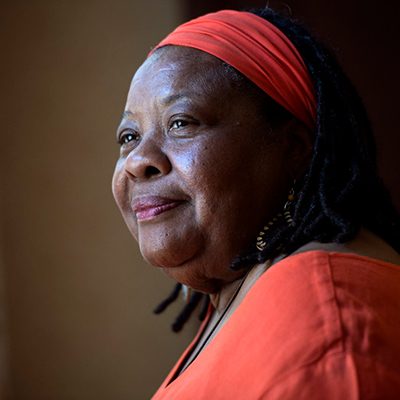
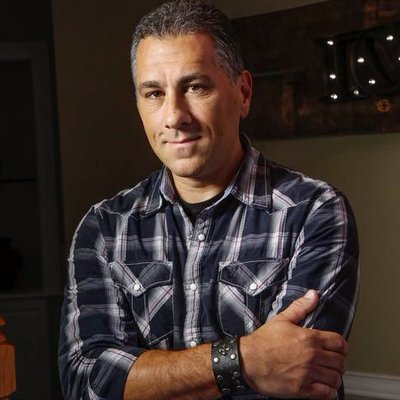

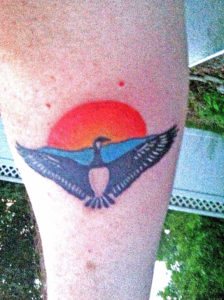

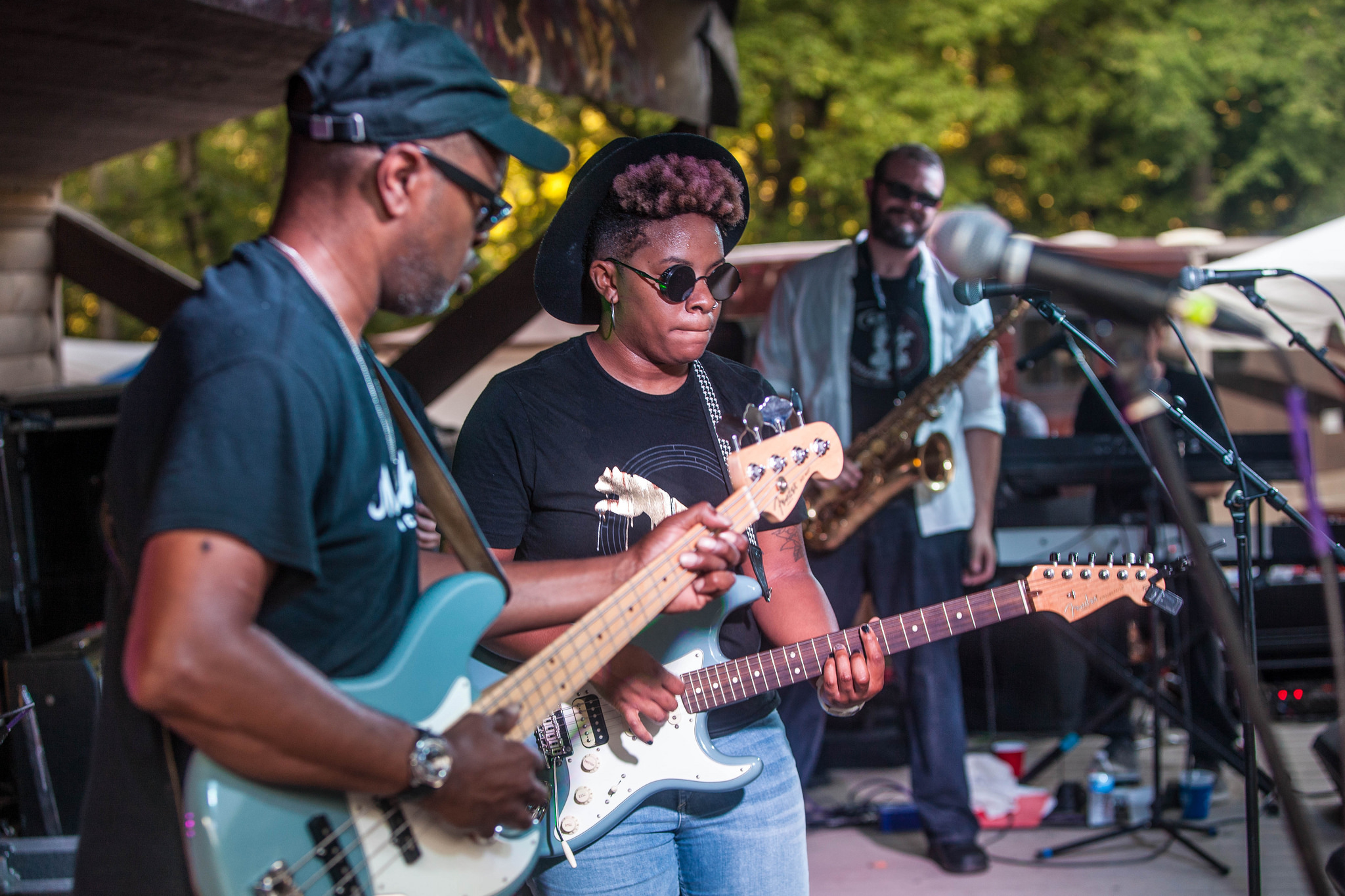
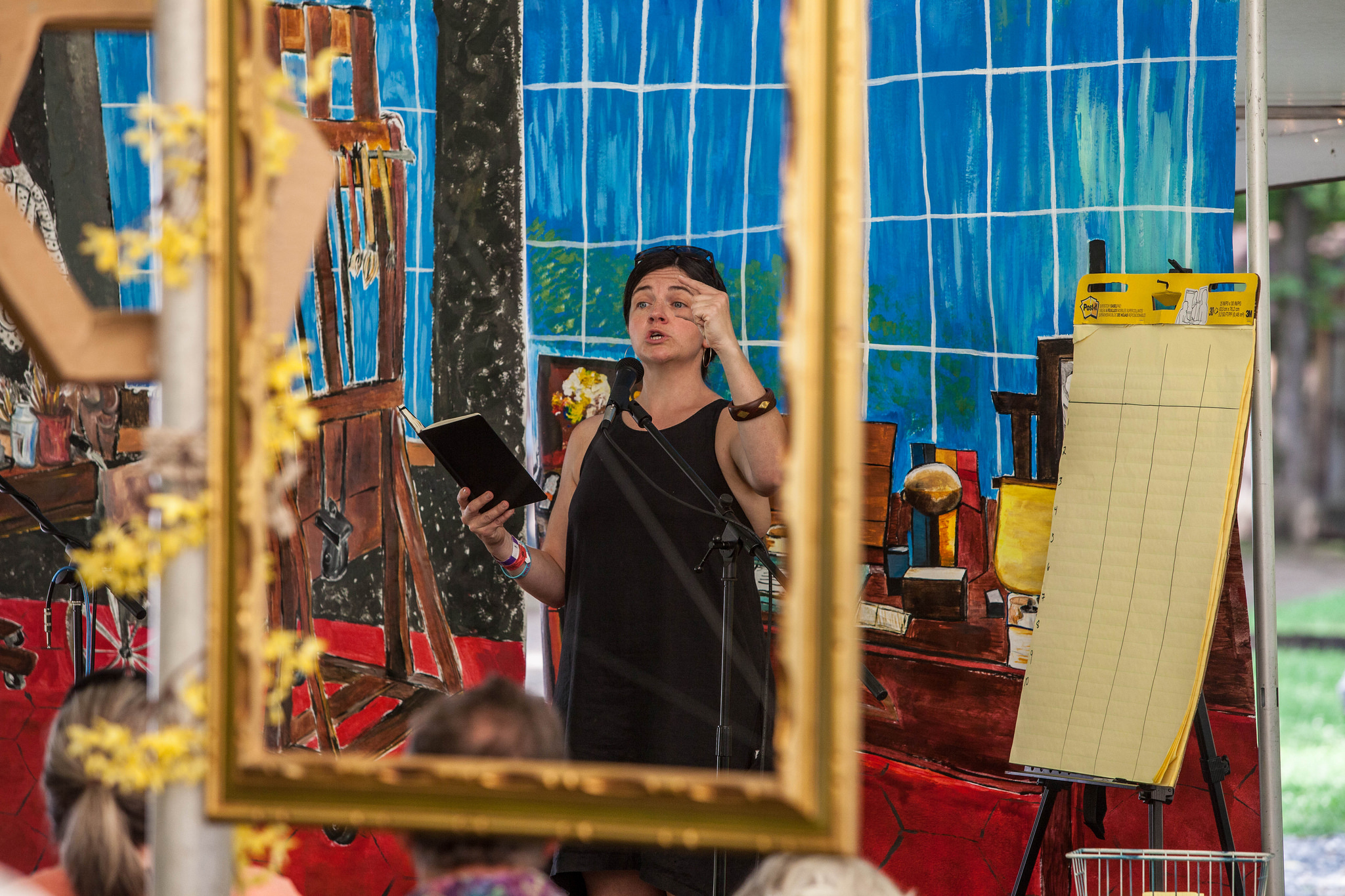
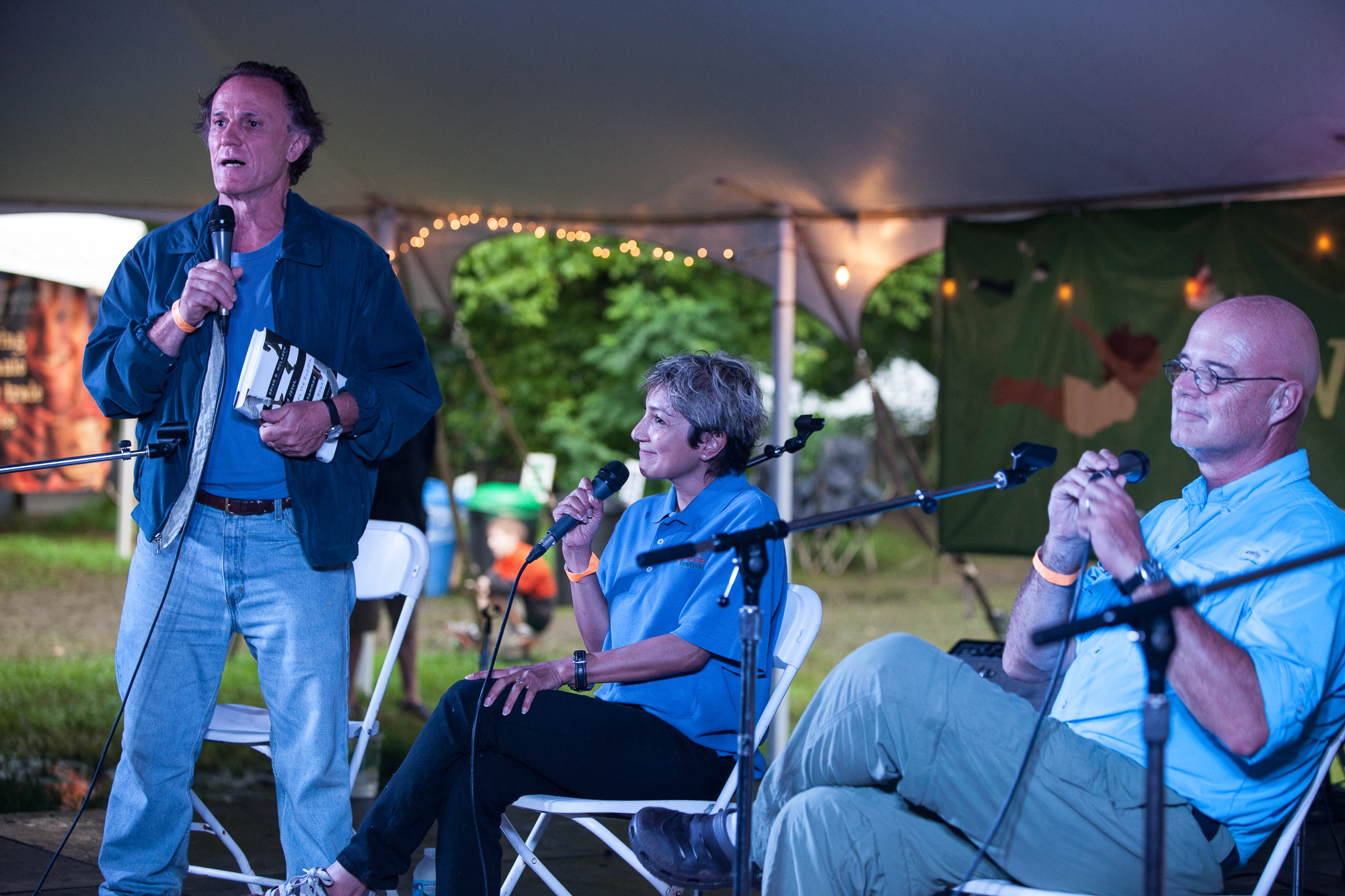



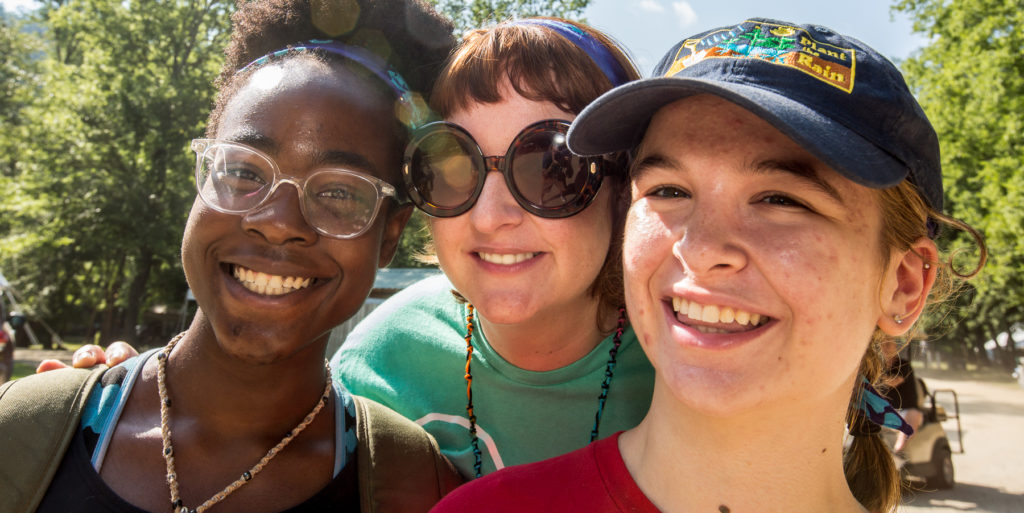 Some reviews from teens who attended last year’s festival
Some reviews from teens who attended last year’s festival



